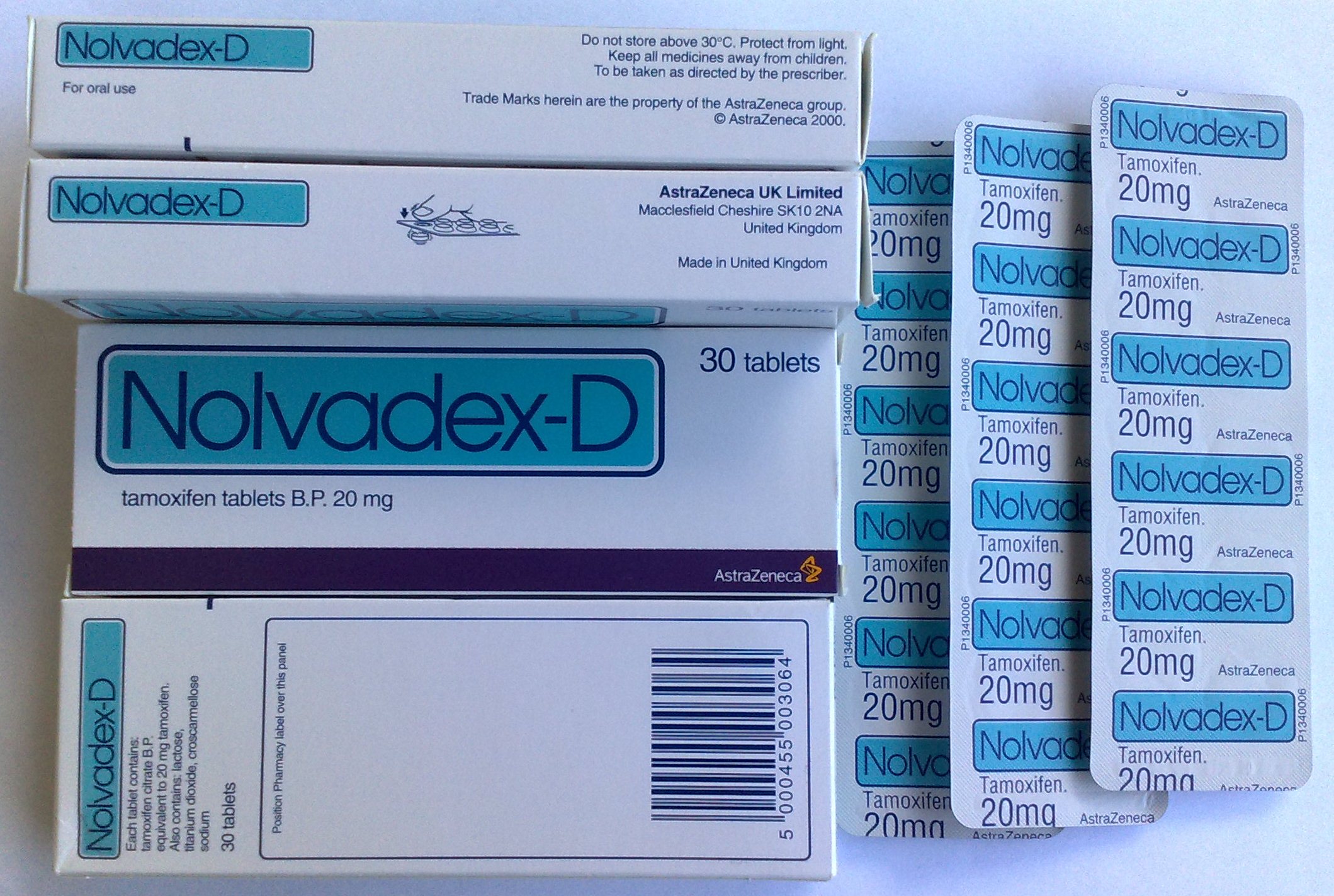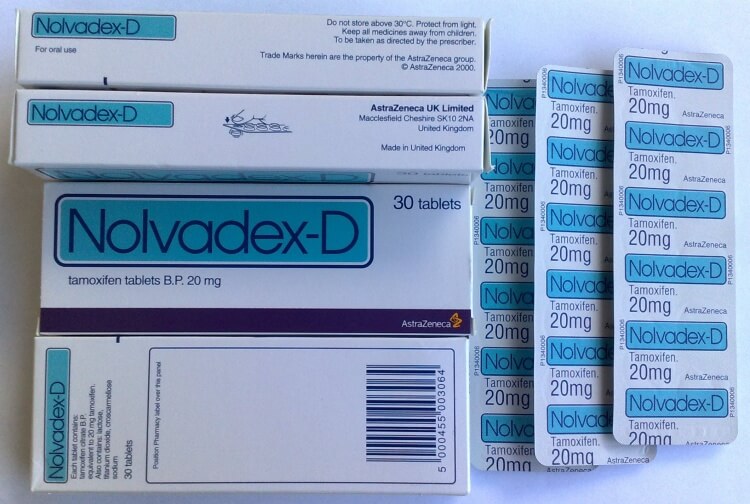
Nolvadex (tamoxifen citrate) is very comparable to Clomid, behaves in the same manner in all tissues, and is a mixed estrogen agonist/antagonist of the same type as Clomid. The two molecules are also very similar in structure. It is not correct that Nolvadex reduces levels of estrogen: rather, it blocks estrogen from estrogen receptors and, in those tissues where it is an antagonist, causes the receptor to do nothing. Nolvadex is not an anabolic steroid but is used to manage side effects from steroids.
The claim that Nolvadex reduces gains should not be taken too seriously. The fact is that any number of bodybuilders have made excellent gains while using Nolvadex. The belief that it reduces gains seems to stem from the fact that the scientific literature reports a slight reduction in IGF-1 (individuals using anabolic steroids were not studied though) from use of Nolvadex. Thus, Dan Duchaine reported that it reduces IGF-1 and therefore reduces gains. However, if this effect exists at all, it must be very minor, due to the excellent gains that many have made, and from the fact that no one has noticed any such thing from Clomid, which has the same activity profile.
However, I would not be surprised if one were to tell a steroid user that Clomid reduced his gains, he would immediately become afraid that Clomid reduced his gains (please note that no one I have ever heard of has noticed this.) Not having been so misled, however, he would not conclude this from his results. But if an authority publishes that such an effect occurs, whether it does or not it can become self-fulfilling by biasing the user.
The fact that Nolvadex will reduce water retention may result in the user agreeing that gains are less, since weight gain is less, thus reinforcing the bias.

About the author
Bill Roberts is an internationally-recognized expert on anabolic steroids and performance-enhancing drugs (PEDs). He received a bachelor degree in Microbiology and Cell Science and completed the educational and research requirements for a PhD in Medicinal Chemistry at a major American university.
Bill entered the nutritional supplement industry prior to completing his doctoral thesis but his education was invaluable so far as being able to design/improve nutritional supplement compounds, since it was in the field of designing drug molecules and secondarily some work in transdermal delivery.
His education was not specifically "geared" toward anabolic steroids other than expertise with pharmacological principles having broad applications. This has allowed Bill to provide unique insight into the field of anabolic pharmacology with knowledge of points which he would not have known otherwise.
Leave a Reply
You must be logged in to post a comment.